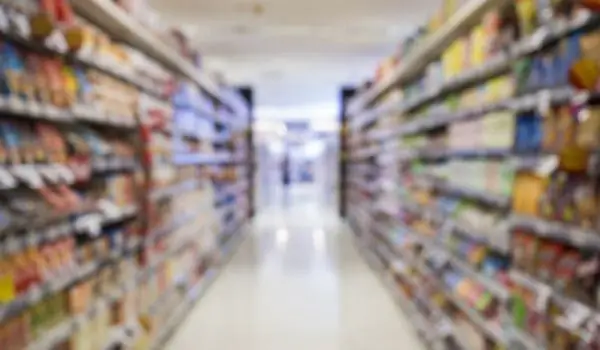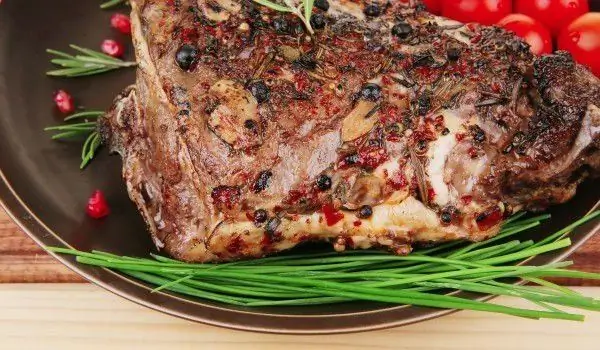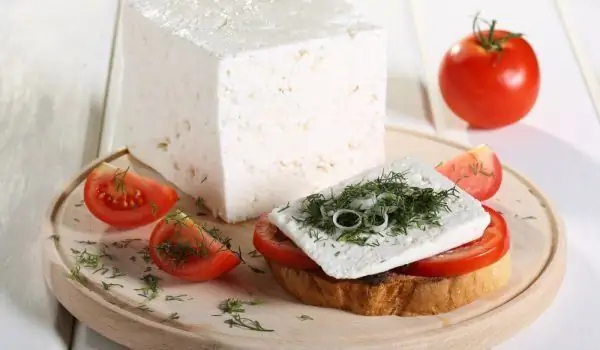2025 Author: Jasmine Walkman | [email protected]. Last modified: 2025-01-23 10:18
Today, man has become a big consumer like he was not years ago. This feeds the driving force of producers, who, along with productivity, also increase waste.
Remember that the more you use, the more garbage you have. People often buy things they don't need, and in most cases they don't use them, so they throw them away.

Packaging is everywhere - from food packaging to headphone packaging for your mobile device. They all go to the dump.

How to reduce harmful garbage
1. Use products that can be used over and over again. For example, cloth napkins, towels, chemicals with removable fillers. Give up the use of straws.

2. Buy more durable goods so as to reduce the need to replace them. In this way you can reduce waste.
3. Buy products with less packaging on them or shop in bulk to make the most of the product packaging.
4. Take advantage of donated items instead of buying new ones.
5. Reuse. Reduce the need for purchases by using what you already have. For example - use the bottles you have so you don't buy new ones. Like the jars - fill them instead of buying boxes every time.
Not only will you reduce garbage, you will also save money. If you have leftover plastic bags, do not stock up on new ones once you can use them again. Remember that such an envelope takes 1000 years to decompose, which makes it virtually non-degradable.
6. If you like the design, you can make things so that they can be used for other purposes. This will save a lot of raw material. And you can make sure that the product is used again after its initial use.
7. When choosing products, look for products that do not contain harmful waste, to be more confident that even if you throw them away, you will not do much harm to the environment. Example: Use matches instead of lighters. Instead of a plastic bag, choose a paper one, and it is best to go to the market with fabric bags.
Recommended:
The Bulgarian Gives Less And Less Money For Food

The expenditures for food of households in our country are less than those for non-food goods. This shows the analysis of specialists for the past 2015. According to the January data of the National Statistical Institute for Inflation in Bulgaria, no annual change in prices in Bulgaria has been reported.
Spices Make Cooked Meat Less Harmful

A group of researchers from the University of Kansas, led by a leading food expert, Professor of Biochemistry Jay Scott Smith, has been studying the substances derived from heat treatment of meat for several years. Professor Smith is involved in developing methods to reduce the level of carcinogens resulting from cooking, frying, grilling or barbecuing.
We Eat Less And Less Native Cheese And More And More Gouda And Cheddar

The sale of white brined cheese in Bulgaria is much lower compared to the consumption in 2006, shows an analysis of the Institute of Agrarian Economics, quoted by the newspaper Trud. Consumption of yellow cheese in our country has also fallen.
Fish Is Less And Less Present On The Bulgarian Table

In the last few years, Bulgarians have been consuming fish less and less, according to a study by the Executive Agency for Fisheries and Aquaculture in the country. From the beginning of the current 2015 to the end of November, the consumption of trout in our country has dropped by 3,304,000 kilograms compared to the same period in 2014.
Bulgarians Drink Less And Less Beer

Beer sales continue to fall, and Bulgarians drink less and less amber liquid, said a representative of one of the largest beer companies in Bulgaria, Nikolay Mladenov. Standard Mladenov told the newspaper that beer sales in the country had fallen by 10% in the summer season alone.

